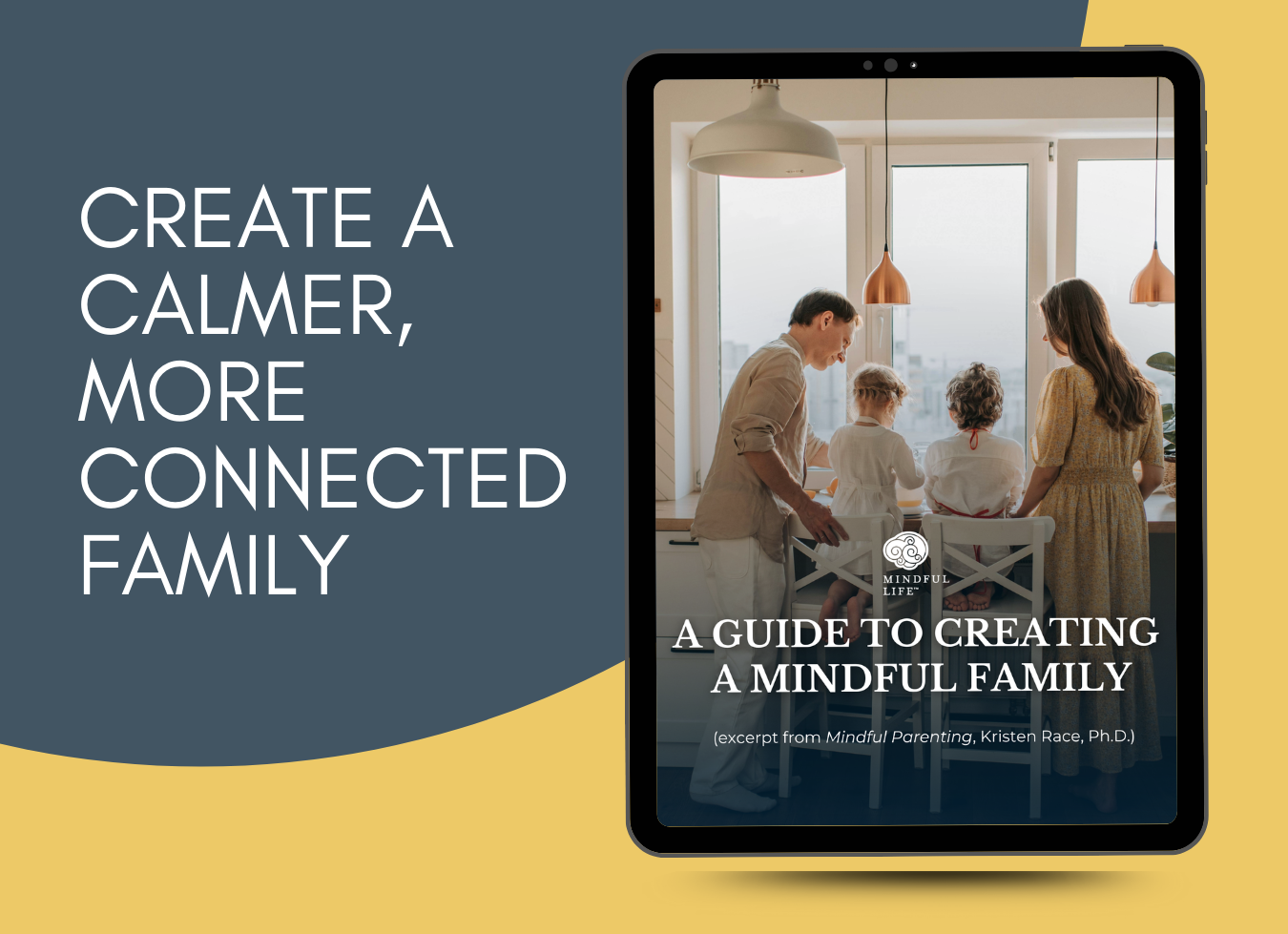How to Break Up With Bad Brain Habits Once and For All...
Mar 12, 2024

Perhaps you’ve made commitments in the past to simplify your life. You’ve decluttered, you’ve cleansed, you’ve worked out. You’ve lost weight, gained weight, worked out, stopped working out, given up gluten, gluttoned out on gluten. Sworn off sweets for one day, only to dive headfirst into a pint of Talenti’s salted caramel the very next. You’ve vowed to cut back on your chardonnay habit, then enthusiastically poured yourself that 3rd glass on a school night.
Basically your well being habits probably have been like a pendulum, swinging back and forth between what you know will help you feel better in the long run and what feels good to you (after a reallllyyyyy long day) right freakin’ now.
There are neurological reasons why New Year’s resolutions don’t stick.
Habits truly are hard to break. You see, your brain (when not on Facebook/Instagram/Snapchat) is a master of efficiency. We use our prefrontal cortex to consciously make executive decisions in our daily lives. As we repeat these routines, we stop using our prefrontal cortex (PFC) to think about our choices. They become automated tasks and switch over to our basal ganglia. This conserves energy so that our PFC can be tasked with newer, more complicated tasks. This is how we’ve survived through the centuries – we’ve literally been able to outsmart our predators.
But our Limbic System wants a Donut!
When we’re in a constant state of overwhelm, our PFC isn’t really calling the shots. Chronic stress levels shoot us over into our limbic system and that part of our brain is much more likely to choose the donut over the kale salad. When we’re constantly in elevated stress, we tend to repeat the habits that aren’t serving us. And all we’re getting is a temporary band aid, a fleeting sugar high, not true relief.
Why Wellness Programs Don’t Work at Work…
This is why well-meaning wellness programs within corporate environments typically don’t work. They aren’t addressing the underlying stress levels of workers, yet they expect participants to make lifestyle changes that require the motivation and momentum of an energized, unstressed prefrontal cortex. It’s basically like asking a 3-year old whether they’d like to make decisions about your retirement fund or go to Disney World!
And we don’t just make these instant gratification stress-induced decisions in regards to our nutrition – there are plenty of ways to be busy at work and not actually get anything done.
Why Reading About Mindfulness Isn’t Enough
I understand that you already probably know, intellectually, the merits of mindfulness. Many of my clients have already read about the benefits of mindfulness in last month’s Oprah magazine, they’ve om’ed their way through yoga classes for years, yet they’ve struggled to sustain the benefits of mindfulness in their daily lives.
One of my students was well versed in the wisdom traditions, the scientific studies and the essential mindfulness practices, yet, in her busy life as a parent, graduate student and business owner, her stress levels were through the roof.
Even though her knowledge was extensive, her bedside table was filled with helpful tomes, she didn’t know how to apply these abstract theories into her daily habits (and she was way too tired to go through trial and error).
She took the Mindfulness and the Workplace course and realized that there were many simple ways to integrate and customize these practices into her work, home and school life and there was plenty of support in the course structure to make sure she didn’t bail out along the way.
“It was the kick up the butt I needed to implement things I have talked about using but had not previously used.” – Kirsty Worth, graduate student and farm-to-table business owner
And from another participant who was well versed in productivity and other executive workplace practices:
“It was just the kick in the pants that I needed to implement a few, but wonderful, changes in my life. I have already recommended the course to several people and hope that they, too, will take the steps to make their life better every day.” – Karen Schneider, Director of Resort and Hotel Sales, Steamboat Ski & Resort Corporation
How to Increase Your Odds of Success
Because in addition to needing a kick up the butt, on occasion (kind kicks, of course!), your odds of success significantly increase when you’re using a formula that has worked for others before you. They also increase when you have the support, structure and motivation of a group of peers plus the knowledge of the research backing the stress-resiliency suggestions.
While you can read every book, every article and every scientific study on productivity, stress and mindfulness (this could take you a while, as there’s an explosion of research out there, these days!), you can’t actually reap the benefits until you put them into practice in your daily habits. And the small changes that you’re inspired to make in this course make the momentum of even more success all the easier!

